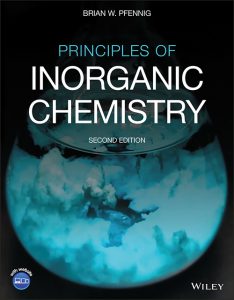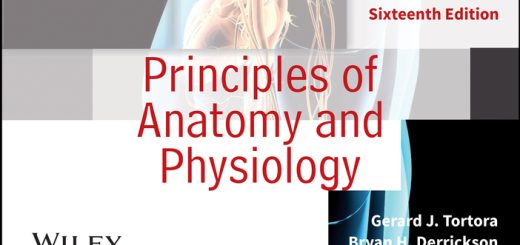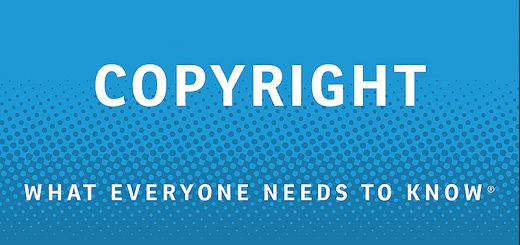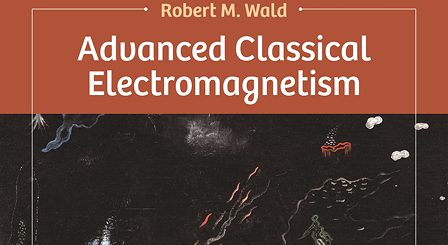Principles of inorganic chemistry
AUTHOR Pfennig, Brian William
CALL NO QD151.3 P528p 2021
IMPRINT Hoboken, NJ : Wiley, 2021
[For MU Students and Staff can request here]
Discover the foundational principles of inorganic chemistry with this intuitively organized new edition of a celebrated textbook
In the newly revised Second Edition of Principles of Inorganic Chemistry, experienced researcher and chemist Dr. Brian W. Pfennig delivers an accessible and engaging exploration of inorganic chemistry perfect for sophomore-level students. This redesigned book retains all of the rigor of the first edition but reorganizes it to assist readers with learning and retention. In-depth boxed sections include original mathematical derivations for more advanced students, while topics like atomic and molecular term symbols, symmetry coordinates in vibrational spectroscopy, polyatomic MO theory, band theory, and Tanabe-Sugano diagrams are all covered.
Readers will find many worked examples throughout the text, as well as numerous unanswered problems at varying levels of difficulty. Informative, colorful illustrations also help to highlight and explain the concepts discussed within.
The new edition includes an increased emphasis on the comparison of the strengths and weaknesses of different chemical models, the interconnectedness of valence bond theory and molecular orbital theory, as well as a more thorough discussion of the atoms in molecules topological model.
Readers will also find:
- A thorough introduction to and treatment of group theory, with an emphasis on its applications to chemical bonding and spectroscopy
- A comprehensive exploration of chemical bonding that compares and contrasts the traditional classification of ionic, covalent, and metallic bonding
- In-depth examinations of atomic and molecular orbitals and a nuanced discussion of the interrelationship between VBT, MOT, and band theory
- A section on the relationship between a molecule’s structure and bonding and its chemical reactivity
With its in-depth boxed discussions, this textbook is also ideal for senior undergraduate and first-year graduate students in inorganic chemistry, Principles of Inorganic Chemistry is a must-have resource for anyone seeking a principles-based approach with theoretical depth. Furthermore, it will be useful for students of physical chemistry, materials science, and chemical physics.
SOURCE : https://www.wiley.com/en-us/Principles+of+Inorganic+Chemistry%2C+2nd+Edition-p-9781119650324





